Resources
Mobile Resource Library Tabs
Filters
Search
Categories Navigation
Asset Publisher
Content with Target Audience Family Members or Friends .
Resources
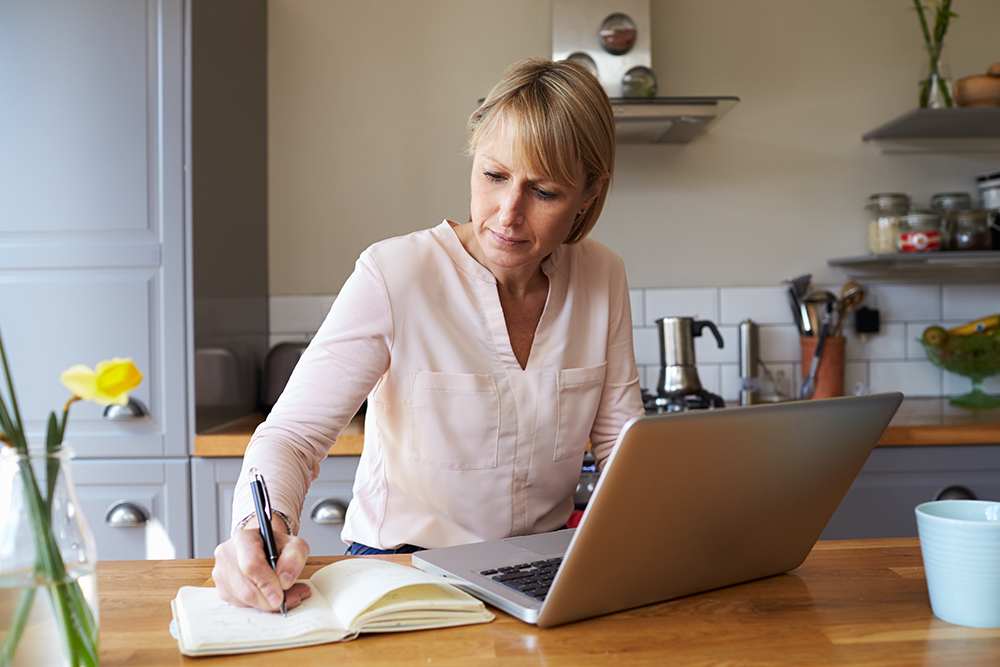
Responding to COVID-19 as a Caregiver
News about the coronavirus (COVID-19) fills every airway. There is information about social distancing, tips for staying healthy and guidelines if you think you are ill. But there has been little, if any discussion about how to handle this public health crisis if you are the caregiver for an older adult or someone else in a high-risk category. How can you best manage their physical and emotional needs, and what can you do to take care of yourself?
Read MoreBy Lisa Weitzman | 03/20/2020
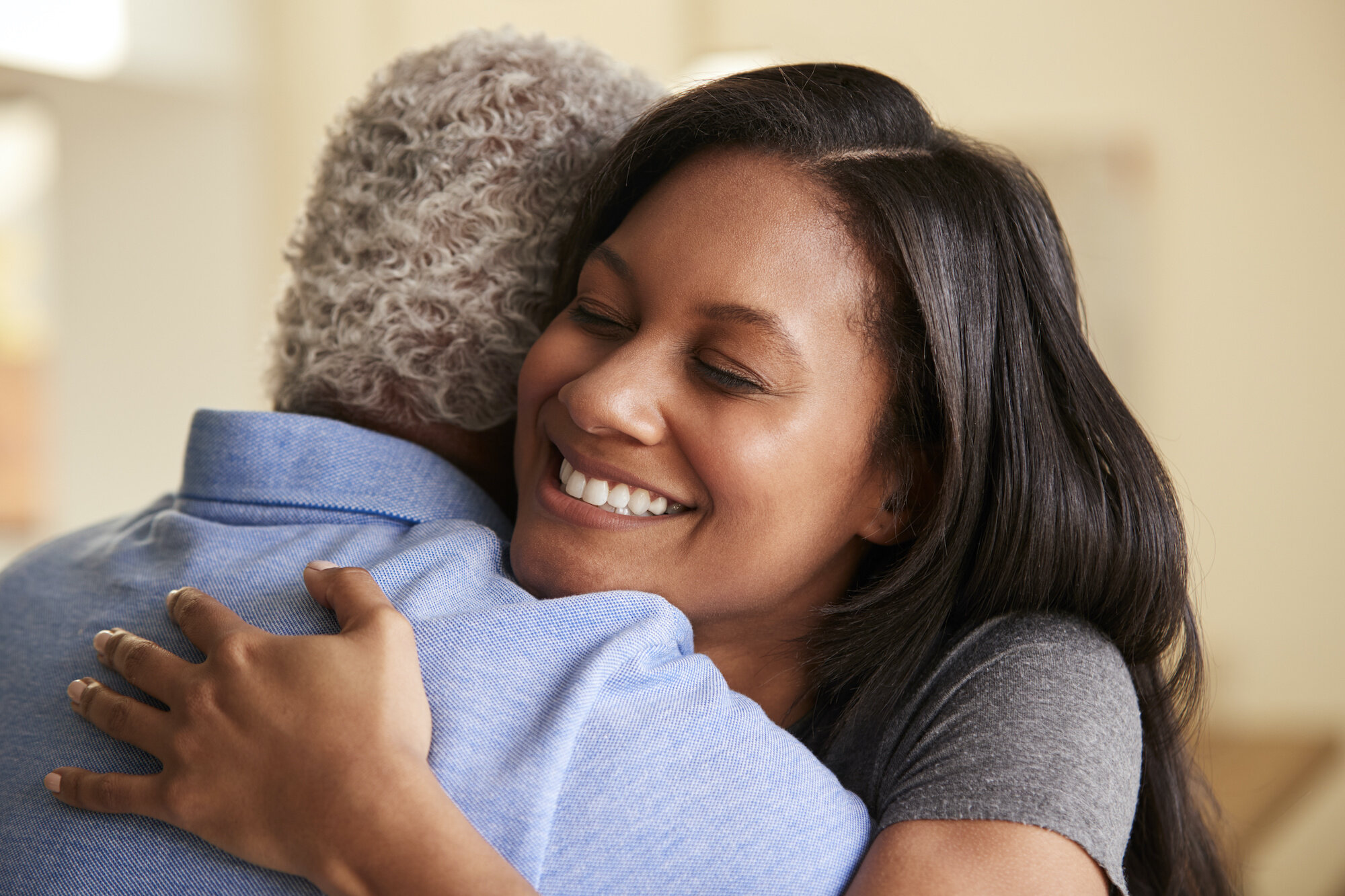
5 Ways Caregivers Can Improve Relationship Strain with the Person They Care For
When we begin providing care for a loved one, our relationship with that person can take on a new meaning as our role in their life changes. Whether we are their spouse, child, sibling or friend, taking on the role of managing their care or helping them cope with a disease or condition comes with unique responsibilities and relational dynamics. In some cases, caring for a loved one may make our relationship with them stronger, but in others, the stresses of caregiving may lead to increased strain which in turn can negatively impact our relationship with a loved one.
Read MoreBy Julie Hayes | 03/19/2020
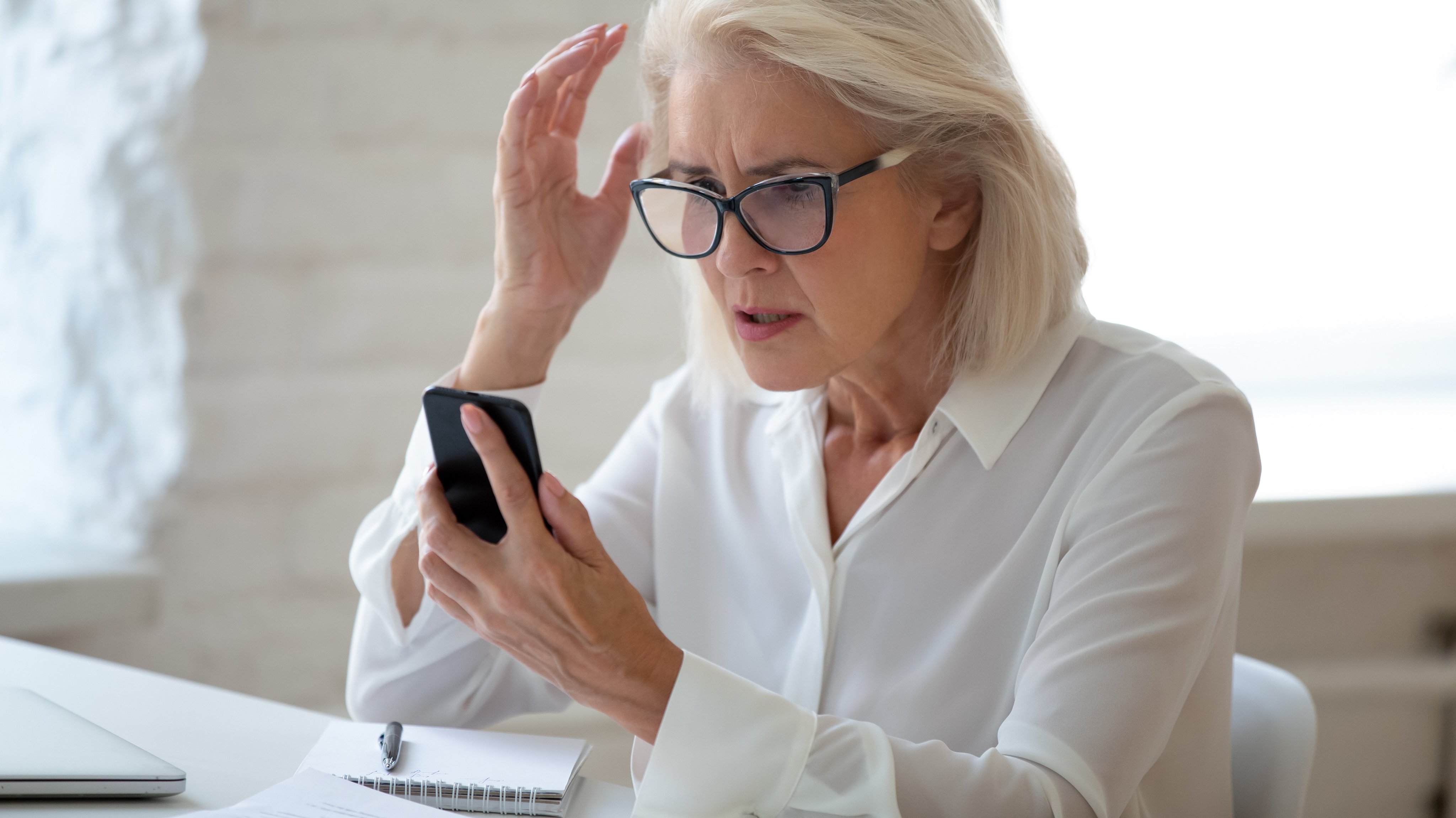
What We Can Do about Robocalls
The term robocall has been around since the 1990s, but in the last few years, they’ve become an ever-present part of our lives. According to the YouMail Robocall Index, in 2018, 47.8 billion robocalls were placed in the US, and just in the first half of 2019, 34 billion calls were made. You’re not imagining that it’s gotten worse – it has.
Read MoreBy Jessica Bibbo | 02/17/2020
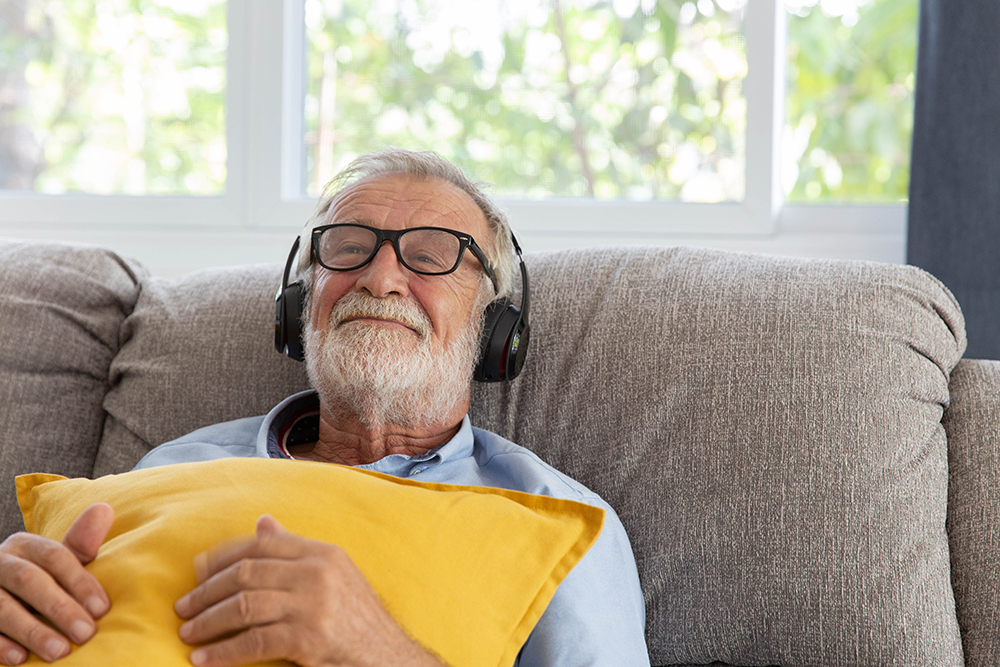
Creating Your Own Self-Care Kit
It is no secret that self-care can have many benefits to our mental, physical and emotional health. According to research, practicing self-care can decrease stress, improve well-being, lower mortality, increase relaxation responses and decrease healthcare costs. While it can often be challenging to find the time to practice self-care, it is important for us to plan for and look for ways to integrate it when possible.
Read MoreBy Ashlee Williman | 02/17/2020
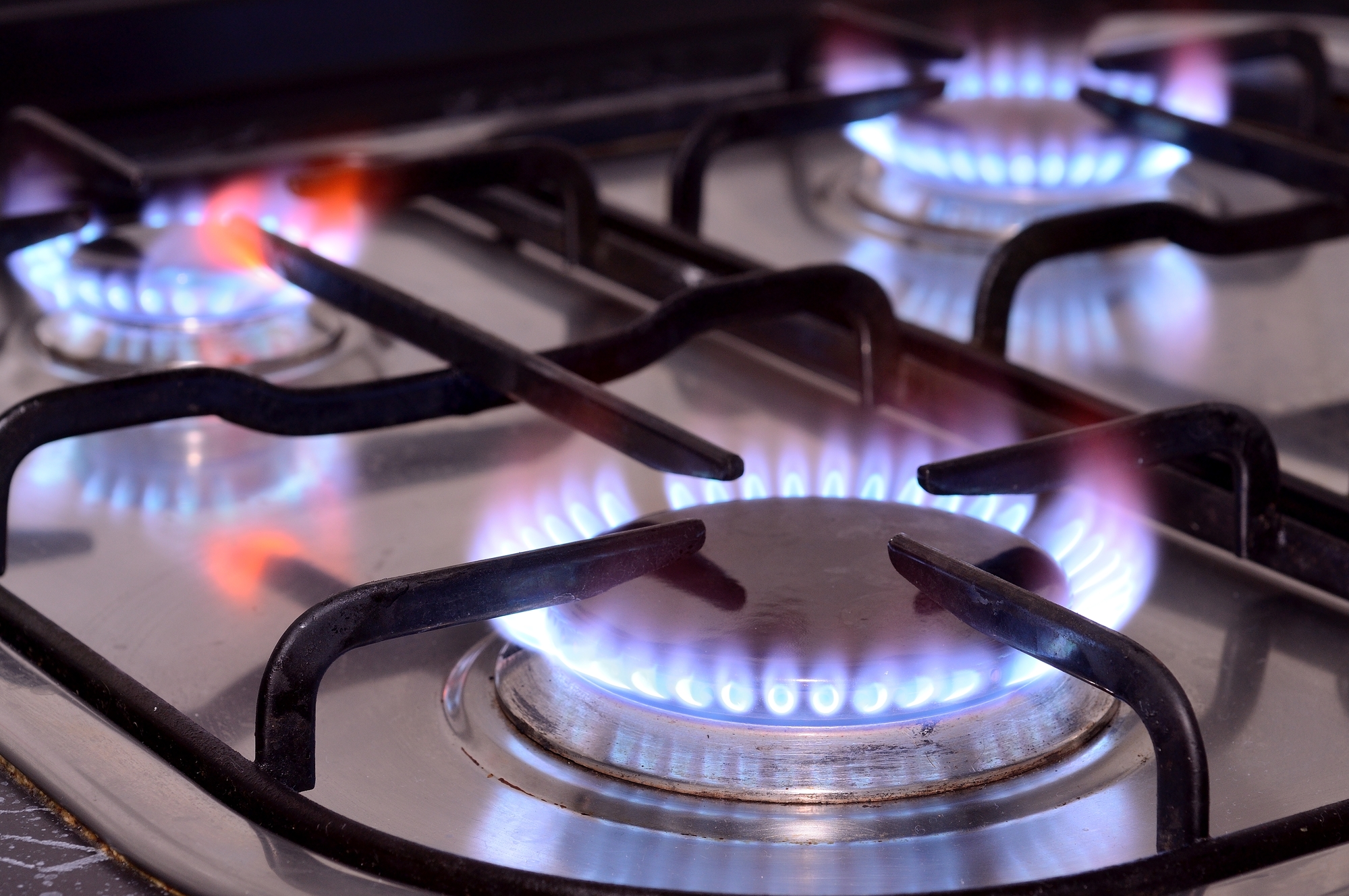
Keeping the Kitchen Safe for a Loved One with Late Stage Dementia
The kitchen is the heart of most families' homes. If we have a loved one living with dementia at home, especially in the later stages, we will want to do everything we can to help keep their kitchen as safe as it can be.
Read More02/17/2020
